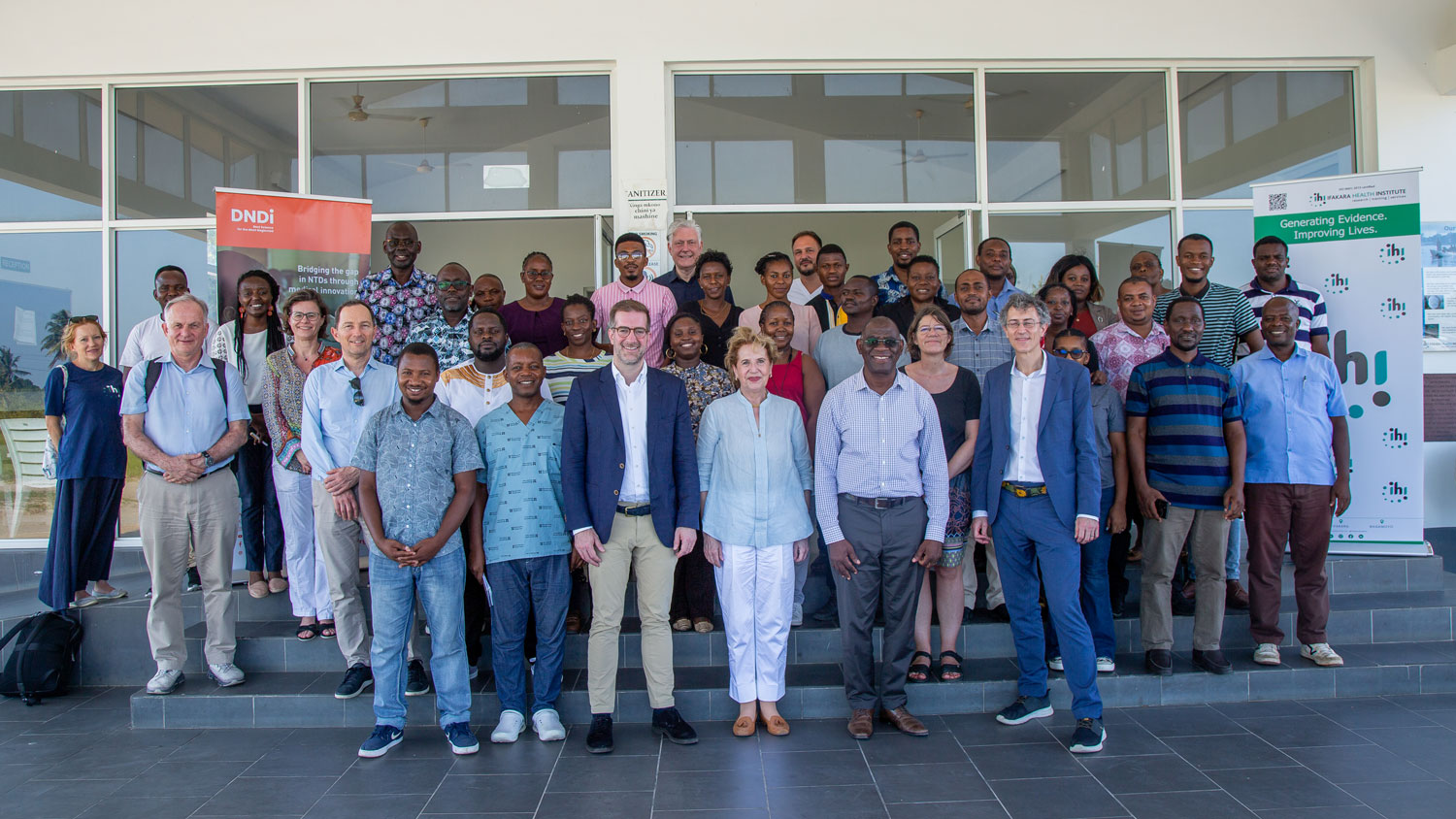On 20 February 2024, journalists and researchers joined a three-day communication workshop organized by the Ifakara Health Institute and DNDi, and conducted by SciDev, in Bagamoyo, Tanzania as part of the Helminth Elimination Platform (HELP) consortium. The media workshop was held to improve journalists’ and health reporters’ skills in reporting on neglected tropical diseases (NTDs) – particularly NTDs that are caused by worms.

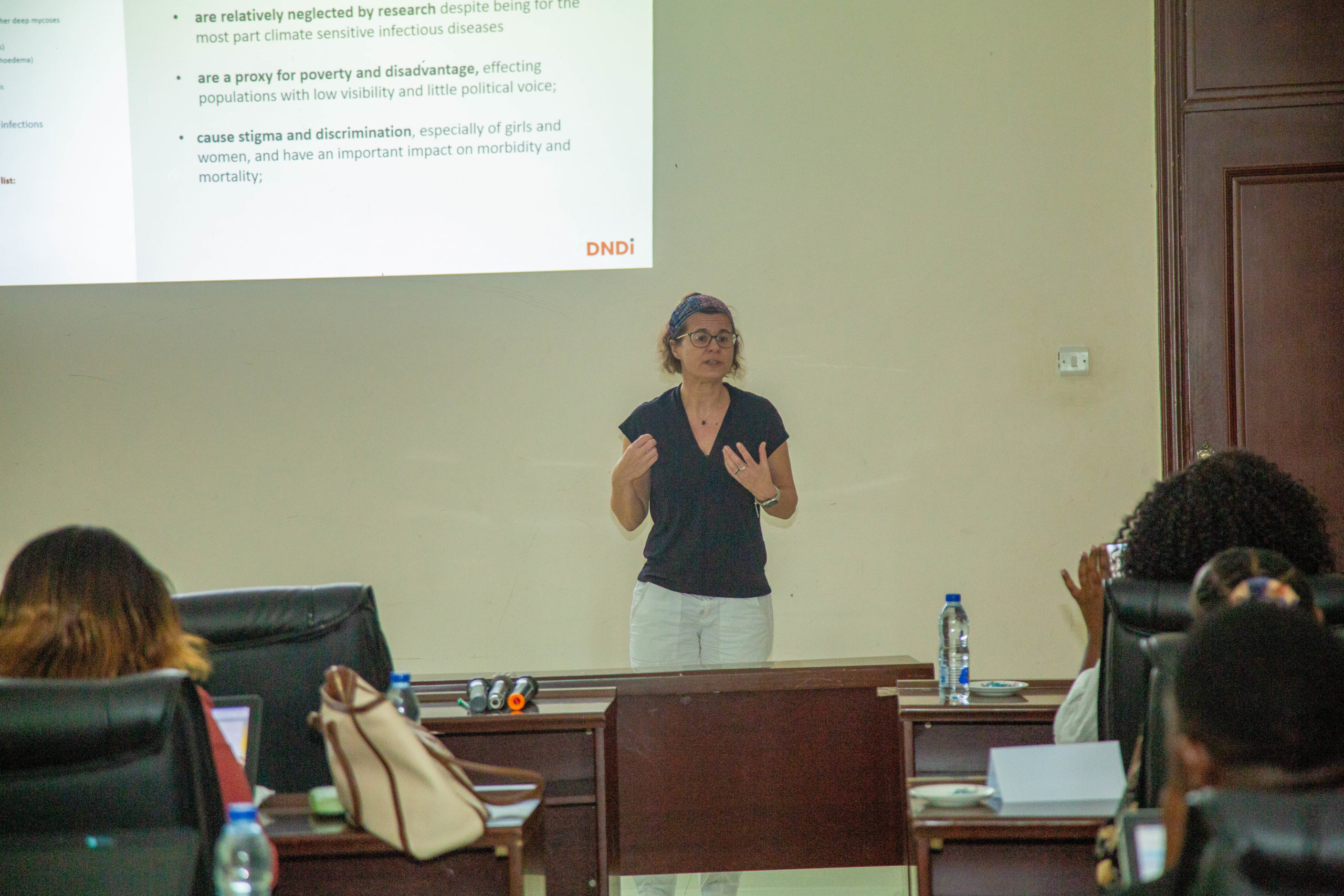
Scientists and journalists often struggle to communicate complex research findings, making it difficult to keep the public informed of new developments and treatments that may benefit them. The aim of media workshops is to bridge the gap between scientists and journalists – allowing for broader public awareness of NTDs.
The three-day workshop brought together 12 scientists and 14 journalists to build synergies that can amplify the impact of health science stories, combat misinformation, and inspire positive change.
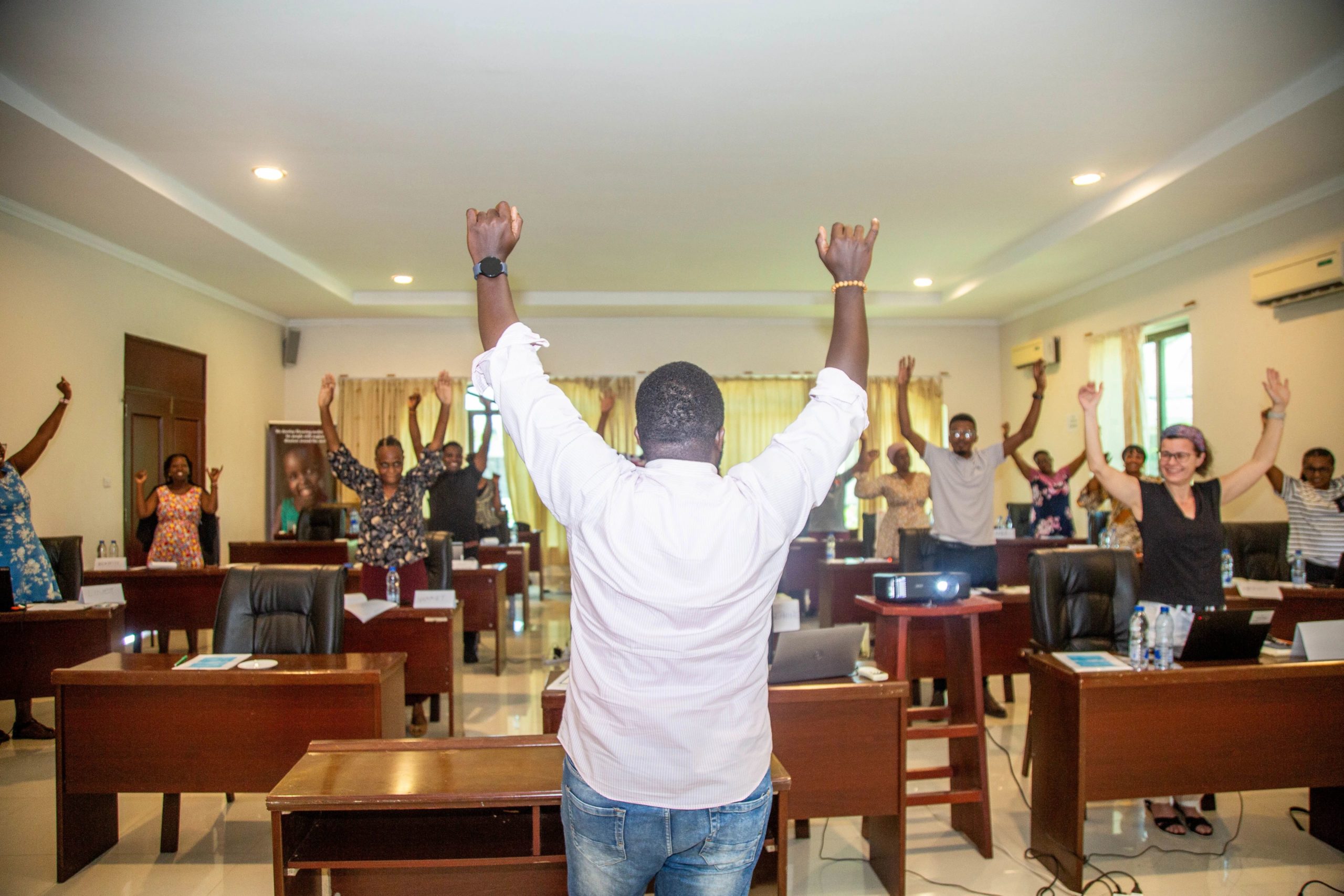
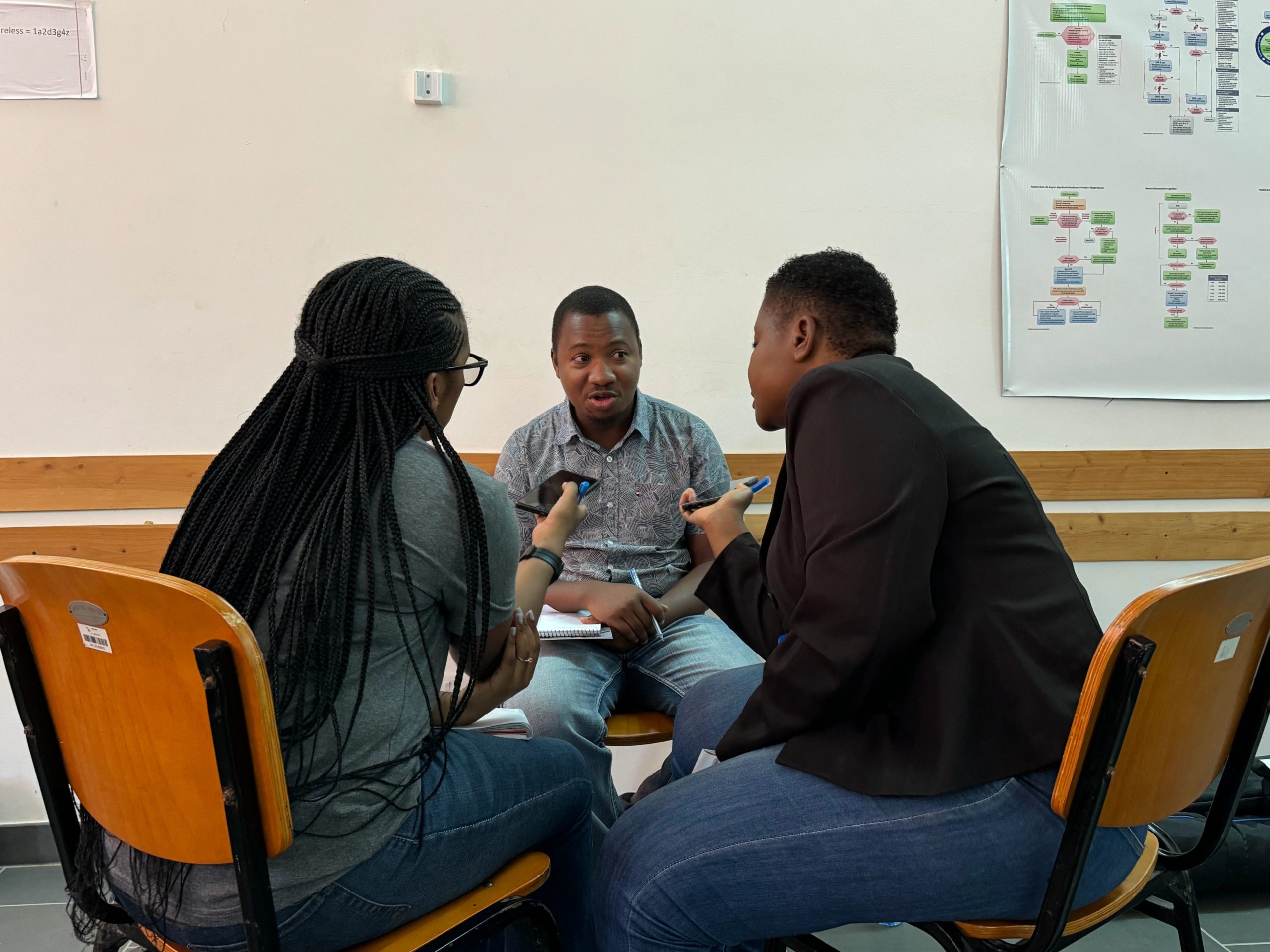
Training sessions featured interactive workshops and hands-on activities designed to equip participants with the skills and knowledge to translate complex scientific findings into engaging news pieces. Highlights included sessions presented by Charles Wendo from SciDev.Net; Jennifer Keiser, Professor at Swiss Tropical and Public Health Institute and coordinator of the HELP consortium; and Sabine Specht, DNDi Head of Filarial Disease; as well as a ‘speed dating’ exercise matching journalists and researchers to inspire story ideas.

The final day of the workshop involved informative roundtable discussions between researchers and journalists that highlighted the importance of collaboration in education, health, and innovation in the fight to eliminate NTDs. Participants included Andrea Schenker-Wicki, President of the University of Basel; Conradin Cramer, Minister of Education for the Government of Kanton Basel-Stadt, Switzerland; Honorati Masanja, Chief Executive Director at Ifakara Health Institute; Lutz Hegemann, President of Global Health & Sustainability at Novartis; Jürg Utzinger, Director of the Swiss Tropical and Public Health Institute.
‘I was intrigued by the presentation on helminth infections and developed an interest in studies on worms and the connection between other diseases. It is important that we build connections with scientists for future interviews as key sources of information.’
Rachel Chacha, EFM radio
Michael Mihayo, Scientist at Ifakara Health Institute, highlighted the value of working closely with journalists in communicating research findings. ‘Sometimes scientists are hesitant to oversimplify their findings for fear of misrepresenting the research,’ he said.
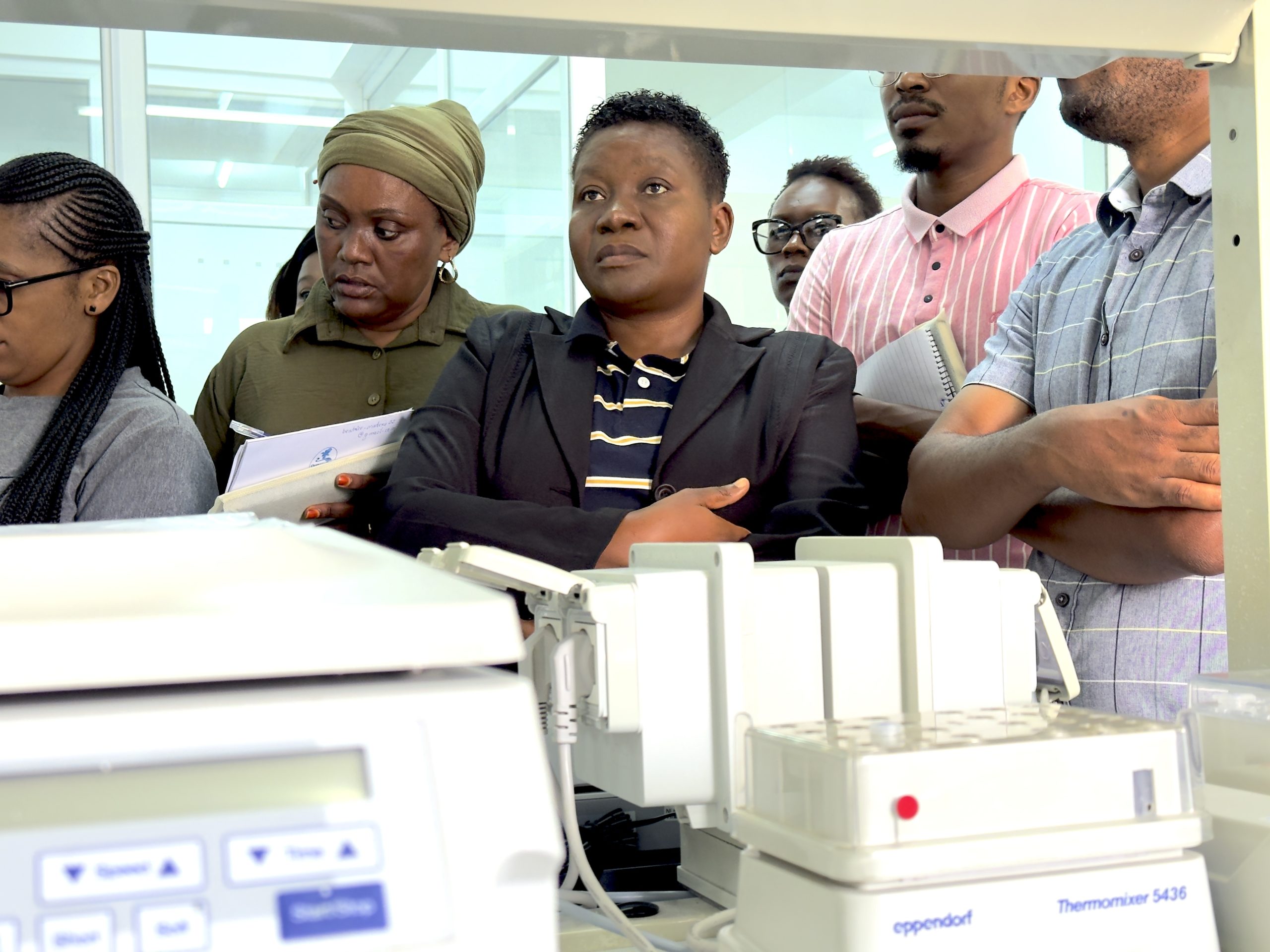
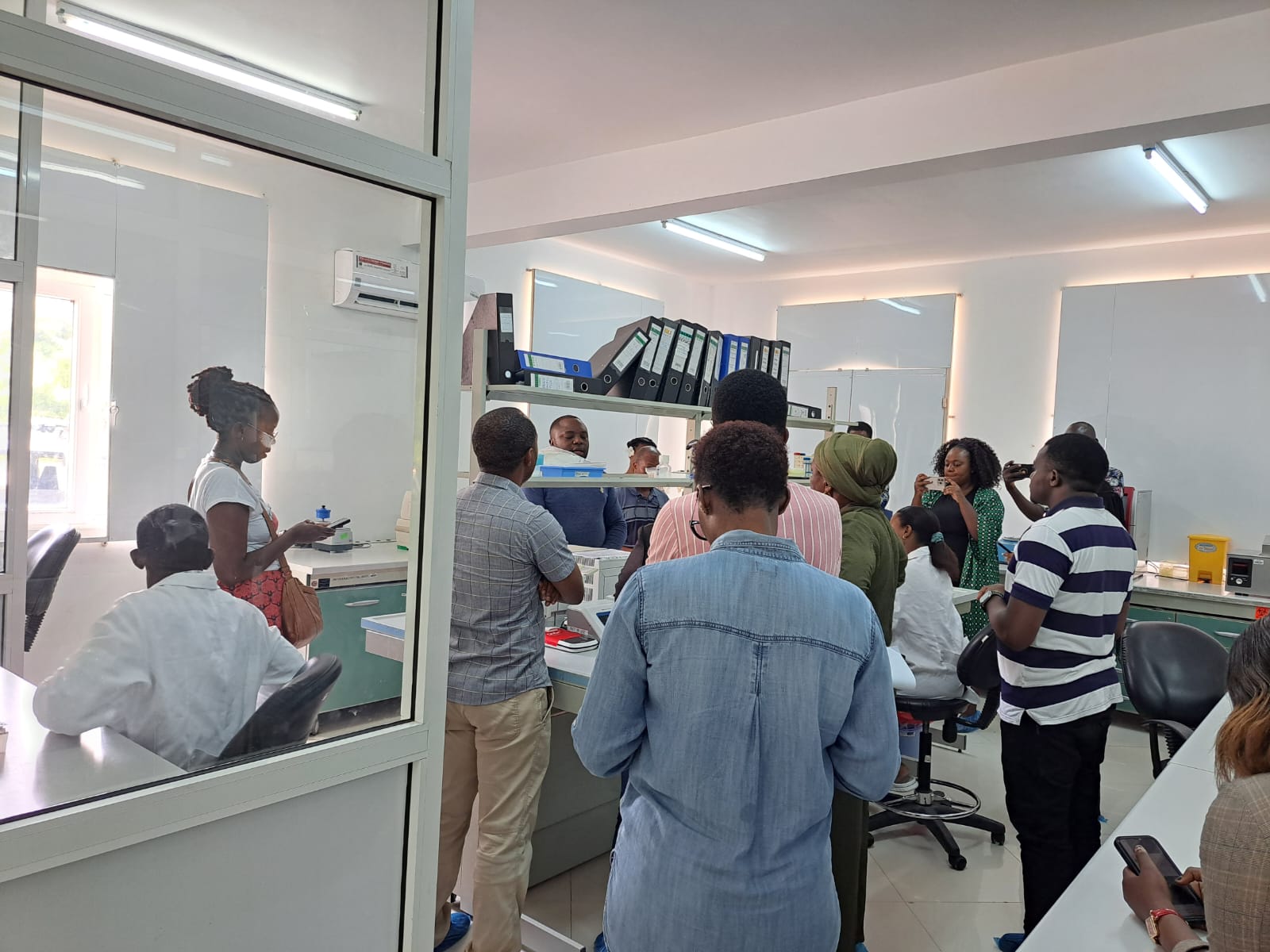
DNDi has been partnering with Swiss TPH and the HELP consortium to develop new treatments for river blindness (onchocerciasis) in Eastern Africa. Approximately 19 million people are living with river blindness, and 240 million people are at risk of contracting the disease.
About the HELP consortium
The Helminth Elimination Platform (HELP) consortium is a public-private partnership developing new drugs for helminth diseases, which are a debilitating group of diseases caused by parasitic worms including river blindness (onchocerciasis), lymphatic filariasis, as well as infection with roundworm, hookworm, and whipworm (soil-transmitted helminths).
Swiss Tropical and Public Health Institute leads the HELP consortium, which comprises research institutes, universities, not-for-profit organizations, and pharmaceutical companies including DNDi, Elanco, Ifakara Health Institute, Museum national d’Histoire naturelle, Universitätsklinikum Bonn, and University of Buea. The consortium is grateful for funding received from the European Union’s Horizon 2020 research and innovation programme
Photo credits: Saburi Ismail Seif – DNDi

